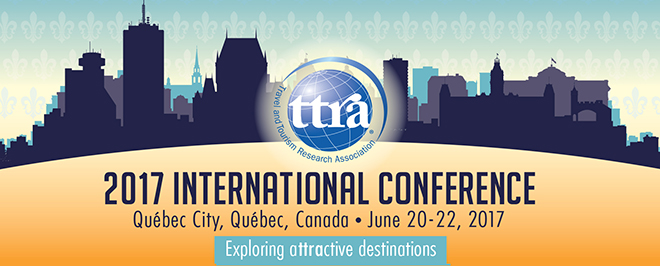Abstract (150 Words)
The role of communication intensifies during crisis. As social media is full with cluttered, random and unfiltered information shared by the network of users, some information may caught the attention of the users, some information may be unintentionally missed and others could be intentionally ignored. This conceptual paper proposes an empirical investigation to examine persuasive crisis communication strategies in tourism via social media particularly on factors related to sources of information, message formats and functionalities. Conceptual framework for this study is adapted by integrating Elaborations Likelihood Model (ELM) and Technology Acceptance Model (TAM). An online survey will be developed by using Qualtric Online Survey Software and distributed to tourists who use social media during travel. Descriptive statistics will be generated for categorical variables. One-way analysis of variance (ANOVA) will be performed to compare means between different groups and its statistical significance for variables that used ordinal data.
Optimizing Social Media Functionalities and Message Format for Persuasive Crisis Communication in Tourism
The role of communication intensifies during crisis. As social media is full with cluttered, random and unfiltered information shared by the network of users, some information may caught the attention of the users, some information may be unintentionally missed and others could be intentionally ignored. This conceptual paper proposes an empirical investigation to examine persuasive crisis communication strategies in tourism via social media particularly on factors related to sources of information, message formats and functionalities. Conceptual framework for this study is adapted by integrating Elaborations Likelihood Model (ELM) and Technology Acceptance Model (TAM). An online survey will be developed by using Qualtric Online Survey Software and distributed to tourists who use social media during travel. Descriptive statistics will be generated for categorical variables. One-way analysis of variance (ANOVA) will be performed to compare means between different groups and its statistical significance for variables that used ordinal data.


